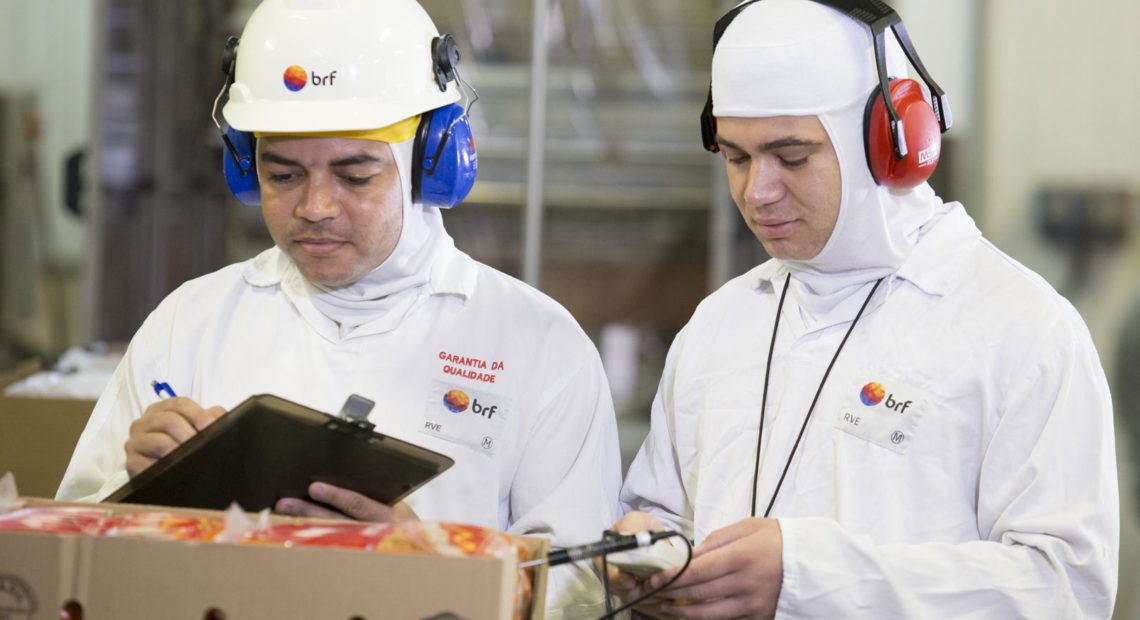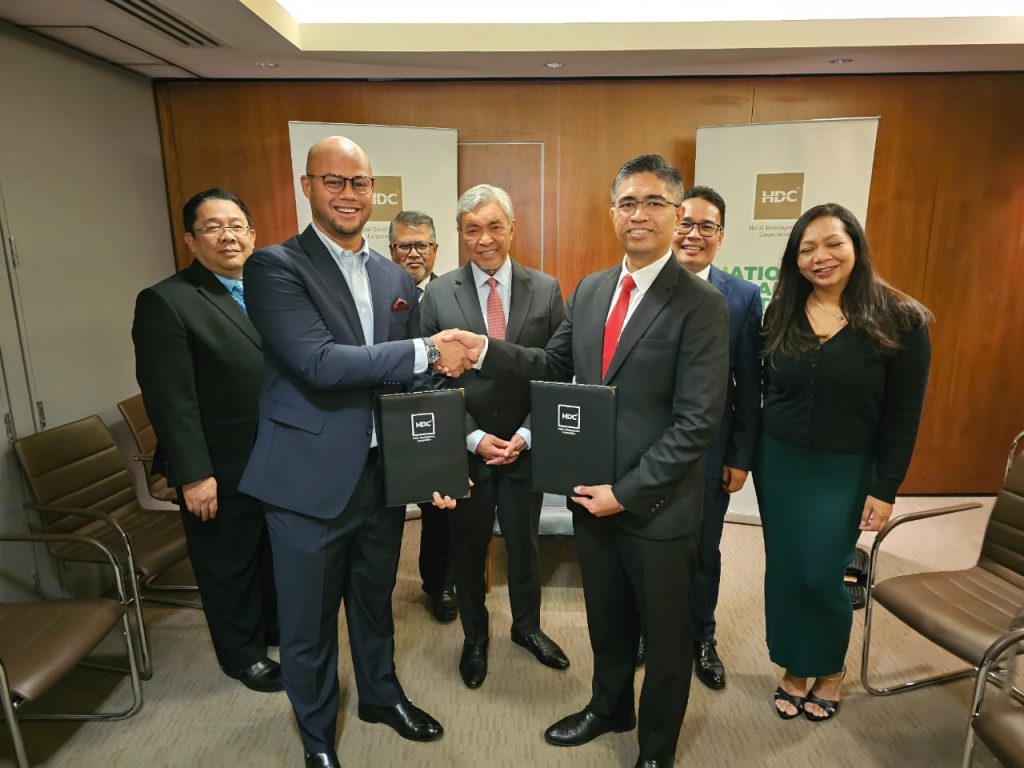To
further safeguard and promote the country’s halal industry, the Office
on Muslim Affairs (OMA) said Tuesday that a regulatory body to monitor
and accredit Islamic groups engaged in halal certification should be
led by the government.
“This is the thinking of OMA to effectively regulate the country’s
halal program and be able to tap and get into the world market catering
to the 1.5 billion Muslims all over the world,” OMA Executive Director
Datu Ali B. Sangki said.
The OMA official made the reaction amidst the creation of a
private-led and managed halal body called the National Halal
Accreditation Board of the Philippines, Inc. (NHABPI).
Explaining his stand, Sangki said he is not sure if the government
could delegate its regulatory functions to a non-government
organization (NGO).
“An NGO can not regulate another NGO,” Sangki.
Halal is a term meaning allowable or permissible.
When applied to food and non-food consumer goods, it refers to the
prohibition on Muslims to eat or use anything that contains pork or its
derivatives and other un-Islamic substances.
Muslims who knowingly eat un-halal, or haram (forbidden or not permissible) food is committing a sin.
In 2006, President Arroyo issued Memorandum Order No. 201 which
created an inter-agency team to boost the Philippines’ halal trade
program amidst the estimated $500 billion global halal food market.
The team includes the Departments of Trade and Industry (DTI),
Agriculture (DA), Health (DoH), Science and Technology (DoST), Tourism
(DoT), and OMA.
Together, the DTI, DA, DoH, DoST, DoT and OMA, with the help and
coordination of Islamic religious leaders, crafted the Philippine
National Standard (PNS) on Halal and assisted in forming the NHABPI.
A religious leader, Ustadhz Abdulhadie Daguit, vice president for
Internal Affairs of NHBPI, said PNS is patterned after the halal
standards of Malaysia, Indonesia, Brunei and Singapore.
“But PNS is even better because it requires that food must be halal
from farm-to-plate, while others are only from market-to-plate,” Daguit
said.
However, Daguit lamented that lack of fund is preventing the NHABPI from functioning.
“Since we have no money to operate NHABPI, we still cannot implement the Philippine National Standard on halal food,” he said.
NHABPI, an NGO whose members are Islamic scholars, food
technologies, chemists, among others, is tasked to implement the rules
and regulations concerning PNS to upgrade the halal standards in the
country and make it at par with the world’s standard.
Sangki believes that NHABPI should be government-led with private persons as ex-officio members.
Since NHABPI is merely a regulatory body of the halal industry, the
OMA official thinks it will not violate the constitutional rule on the
separation of Church and State.



